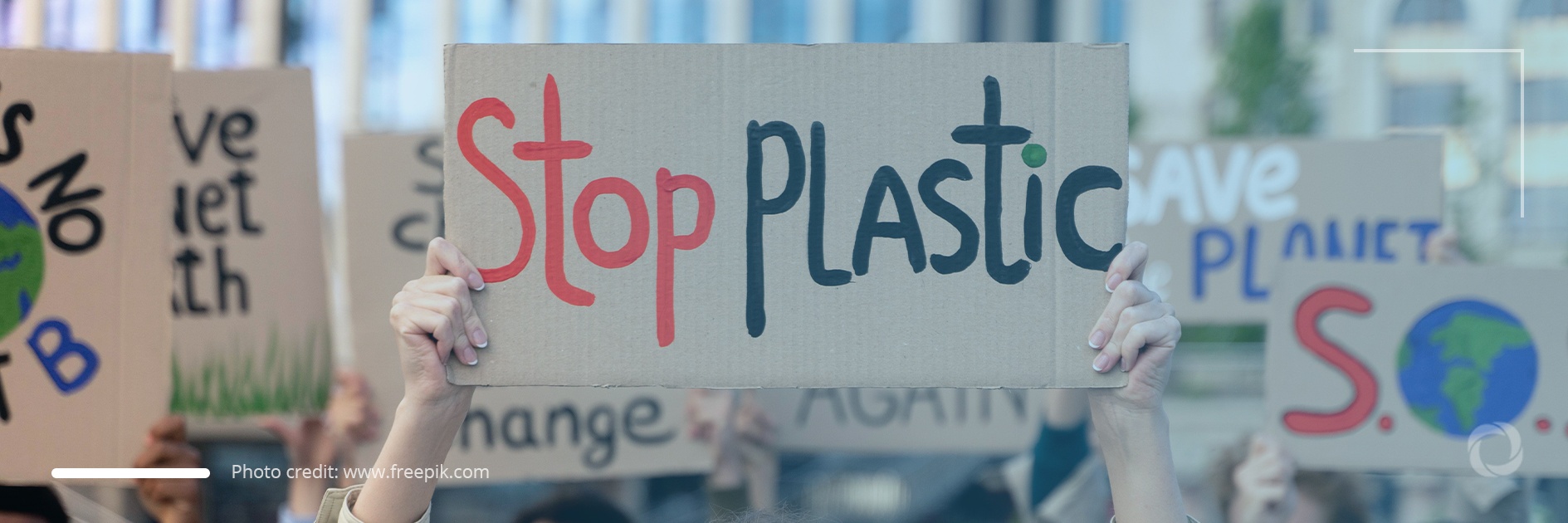As the impact of the climate crisis is felt all around the globe irrespective of the level of a country’s development, world leaders will meet on 31 October – 12 November to discuss ways to keep the temperature increase below 2C. The COP26 UN Climate Change Conference, the world’s biggest climate event, is expected to bring together about 25,000 people including state leaders, scientists, activists, negotiators, and journalists. However, despite the urgency of this issue, British Prime Minister, Boris Johnson, the host of COP26, has cast doubts on the event’s success, saying that the chance of this was “touch and go”.
What’s the challenge?
With the world becoming increasingly more frequently hit by extreme weather events, the main challenge that COP26 is expected to address is an effective reduction in greenhouse gas emissions so as to ensure that the temperature increase does not exceed 2C compared to the pre-industrial level.
In 2015, when the Paris Agreement was signed at COP 21, countries from all over the world committed to work out five-year national plans stating clearly how much they would cut CO2 emissions by and to then implement these plans. However, the commitments made in Paris have proved far from helping the world to reduce gas emissions sufficiently so as to keep the air temperature below 2C. The current pledges made by every country would reduce carbon emissions by only about 7% by 2030 whereas to keep global temperatures below 2C, a 30% cut is needed.
“The commitments laid out in Paris did not come close to limiting global warming to 1.5 degrees, and the window for achieving this is closing. The decade out to 2030 will be crucial. So, as momentous as Paris was, countries must go much further to keep the hope of holding temperature rises to 1.5 degrees alive,” a COP26-related paper by the UK government reads.
What of COP26 expectations?
Participating countries are expected to present their plans to reduce emissions and most did so prior to the conference. However, given the insufficient reduction in CO2 emissions that countries had committed to under the 2015 Paris Agreement, the main expectation at COP26 is to force nations to set a new target to more effectively slash emissions by 2030.
Another key issue to be decided at COP26 is the climate finance for developing countries that was promised during the 2009 COP15. Back then, countries pledged an allocation of US$100 billion a year for climate change adaptation and mitigation. However, this goal has not so far been achieved and it is projected that this will now not be reached earlier than 2023.
The next crucial goal of this year’s conference is a commitment to phase out coal use by setting out a new international agreement that states will be obliged to adhere to. Although the number of coal-fuelled power plants has been decreasing worldwide, the decrease is still insufficient to curb global warming.
Aside from these issues, switching to electric cars and cutting down fewer trees are also matters that are on the summit’s agenda.
COP26 obstacles
The urgency of the need to address climate change is a fully proven fact and of this there can be no doubt. A recent report by the United Nations clearly proved that the world will face a disastrous increase in air temperature of at least 2.7C if no action is taken to cut gas emissions. This is already a potential reality that humanity could face by 2040 to 2060, the report noted.
Nevertheless, reaching a consensus on this matter seems to be a distant hope. According to leaks revealed by the UK’s investigative journalism unit, Unearthed, the countries responsible for the highest levels of emissions, including Australia, China, Saudi Arabia, and India, have been trying to lobby within the UN to water down the latest IPCC report conclusions and remove certain key phrases regarding the urgent need to withdraw from the use of fossil fuel. Admittedly, Australia has committed to reach net-zero emissions by 2050 but it has not so far unveiled a detailed plan to achieve this.
Russia which is the fourth largest emitter in the world may also pose a challenge to the COP26 outcomes. Although Dmitry Peskov, the press secretary for President Putin, has said that climate change is “one of our foreign policy’s most important priorities,” Putin himself will not attend the conference in Glasgow despite the fact that his country is one of the most affected by climate changes, regularly experiencing heatwaves, wildfires, and floods. However, it is expected that Russia will interfere with the progress being made to cut emissions as the Russian economy is highly dependent on the sale of fossil fuels with the Organisation for Economic Co-operation and Development estimating that 36% of Russian revenue arises comes from this commodity.
Against this background, British Prime Minister, Boris Johnson, has expressed doubts as to the success of the summit, describing it as “touch and go”.
“It’s going to be very, very tough, this summit. And I’m very worried because it might go wrong and we might not get the agreements that we need.” It is “very far from clear” if the necessary commitments will be made, he added.

